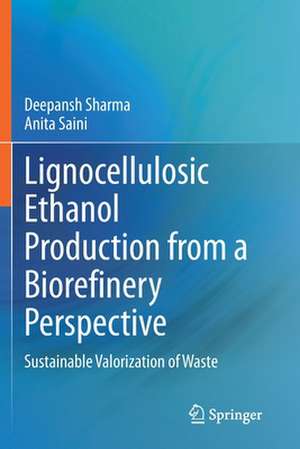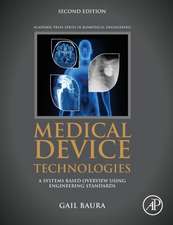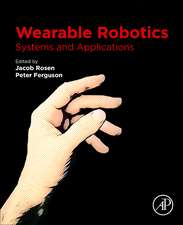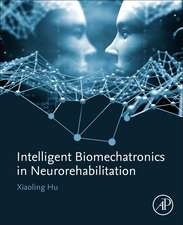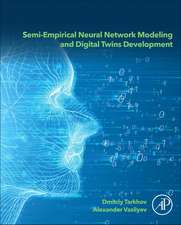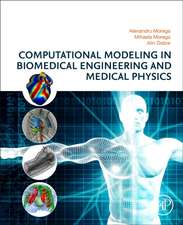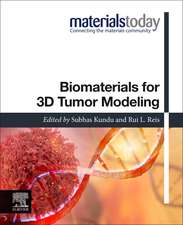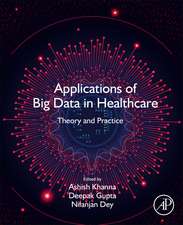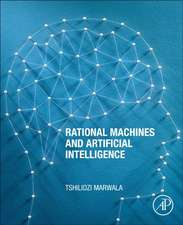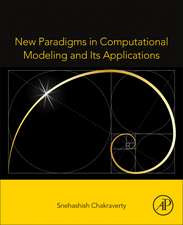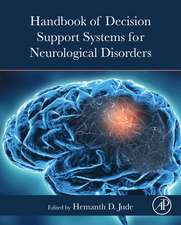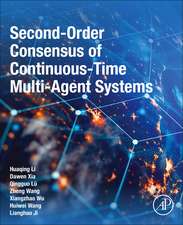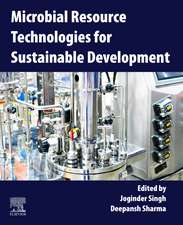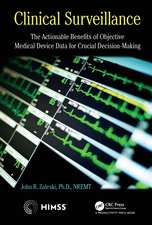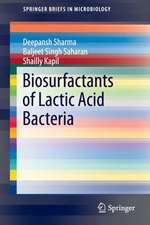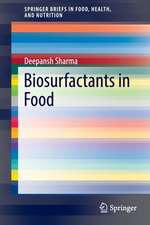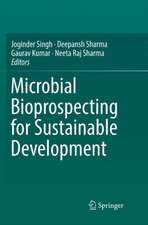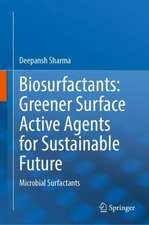Lignocellulosic Ethanol Production from a Biorefinery Perspective: Sustainable Valorization of Waste
Autor Deepansh Sharma, Anita Sainien Limba Engleză Paperback – 22 iul 2021
Bioethanol from lignocellulosic material has emerged as an alternative to the traditional first-generation bioethanol. The book also discusses various pretreatment methods for effective separation of the various components of lignocellulosic feedstock as well as their advantages, and limitations. It describes the valorization of lignocellulosic waste through the production of bioethanol and emphasizes the significance of waste utilization in managing the production cost of the fuel. Finally, the utilization of genetically engineered plants and microorganisms to increase the conversion efficiency is reviewed.
| Toate formatele și edițiile | Preț | Express |
|---|---|---|
| Paperback (1) | 637.59 lei 6-8 săpt. | |
| Springer Nature Singapore – 22 iul 2021 | 637.59 lei 6-8 săpt. | |
| Hardback (1) | 643.84 lei 6-8 săpt. | |
| Springer Nature Singapore – 21 iul 2020 | 643.84 lei 6-8 săpt. |
Preț: 637.59 lei
Preț vechi: 750.11 lei
-15% Nou
Puncte Express: 956
Preț estimativ în valută:
121.100€ • 127.72$ • 100.95£
121.100€ • 127.72$ • 100.95£
Carte tipărită la comandă
Livrare economică 05-19 aprilie
Preluare comenzi: 021 569.72.76
Specificații
ISBN-13: 9789811545757
ISBN-10: 9811545758
Ilustrații: IX, 227 p. 50 illus., 22 illus. in color.
Dimensiuni: 155 x 235 mm
Greutate: 0.34 kg
Ediția:1st ed. 2020
Editura: Springer Nature Singapore
Colecția Springer
Locul publicării:Singapore, Singapore
ISBN-10: 9811545758
Ilustrații: IX, 227 p. 50 illus., 22 illus. in color.
Dimensiuni: 155 x 235 mm
Greutate: 0.34 kg
Ediția:1st ed. 2020
Editura: Springer Nature Singapore
Colecția Springer
Locul publicării:Singapore, Singapore
Cuprins
Chapter 1 Introduction to Lignocellulosic Ethanol.- Chapter 2. Cellulosic Ethanol Feedstock: Diversity & Potential.- Chapter 3. Pretreatment Technologies for Biomass Deconstruction.- Chapter 4. Saccharification Fermentation and Process Integration.- Chapter 5. Microbial and Plant Genetic Engineering for Efficient Conversions.- Chapter 6. Bioethanol: Product Separation Methods.- Chapter 7. Lignocellulosic Waste Valorization and Biorefinaries Concept.- Chapter 8. Fermentation Economics and Future Prospects.-
Notă biografică
Dr. Deepansh Sharma is working as an Assistant Professor (Microbiology) at Amity Institute of Microbial Technology, Amity University, Rajasthan. He has started his academic career as an Assistant Professor (Microbiology) at the School of Biotechnology and Bio-engineering, Lovely Professional University, Punjab, India. He has extensive teaching and research experience in the field of Fermentation Technology, Food Microbiology, Industrial Microbiology, and Microbial Technology. Previously, he has been selected for the Short-term scholarship (DAAD, Germany-2012) to work as an international visiting researcher at Technical Biology Branch II, Karlsruhe Institute of Technology, Germany. Furthermore, he is an active member of many scientific societies and organizations, including the Association of Microbiologists of India, American Society of Microbiology, European Federation of Biotechnology, and International Scientific Association for Prebiotics and Probiotics. Till now, he has published more than 35 peer-reviewed research articles, 5 books on microbial biosurfactants and applied microbiology and authored/co-authored chapters in various edited books.
Dr. Anita Saini is working as an Assistant Professor of Microbiology at Shoolini Institute of Life Sciences and Business Management, Solan, Himachal Pradesh, India. Her research expertise involves microbial bioprospecting, production of lignocellulolytic and esterases enzymes, biomass pretreatment, and second-generation ethanol production. Till now, she has published more than 10 research and review articles in various peer-reviewed national/international journals and has authored/co-authored chapters in various edited books.
Textul de pe ultima copertă
This book provides an overview of the multi-dimensional approach for the production of ethanol from lignocellulosic biomass. The sustainability of this biofuel, the current and future status of the technology and its role in waste valorization are also addressed.
Bioethanol from lignocellulosic material has emerged as an alternative to the traditional first-generation bioethanol. The book also discusses various pretreatment methods for effective separation of the various components of lignocellulosic feedstock as well as their advantages, and limitations. It describes the valorization of lignocellulosic waste through the production of bioethanol and emphasizes the significance of waste utilization in managing the production cost of the fuel. Finally, the utilization of genetically engineered plants and microorganisms to increase the conversion efficiency is reviewed.
Caracteristici
Gives comprehensive overview an all aspects of lignocellulose-derived bioethanol production Covers the existing and emerging methods of pre-treatment of lignocelluloses Reviews application of genetically engineered microorganisms and plants for higher conversion efficiency Highlights new strategies for the waste valorization of lignocellulosic biomass
